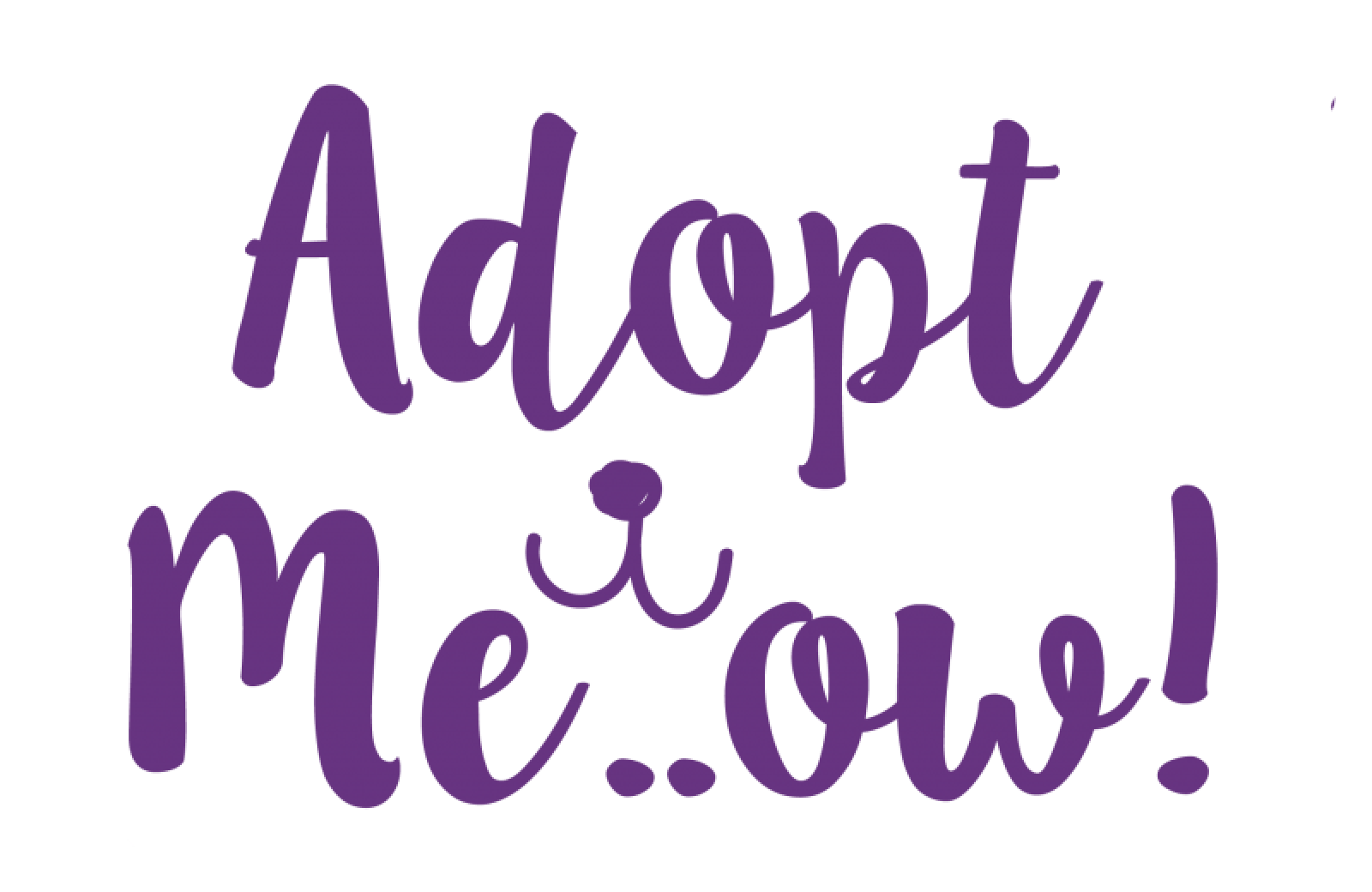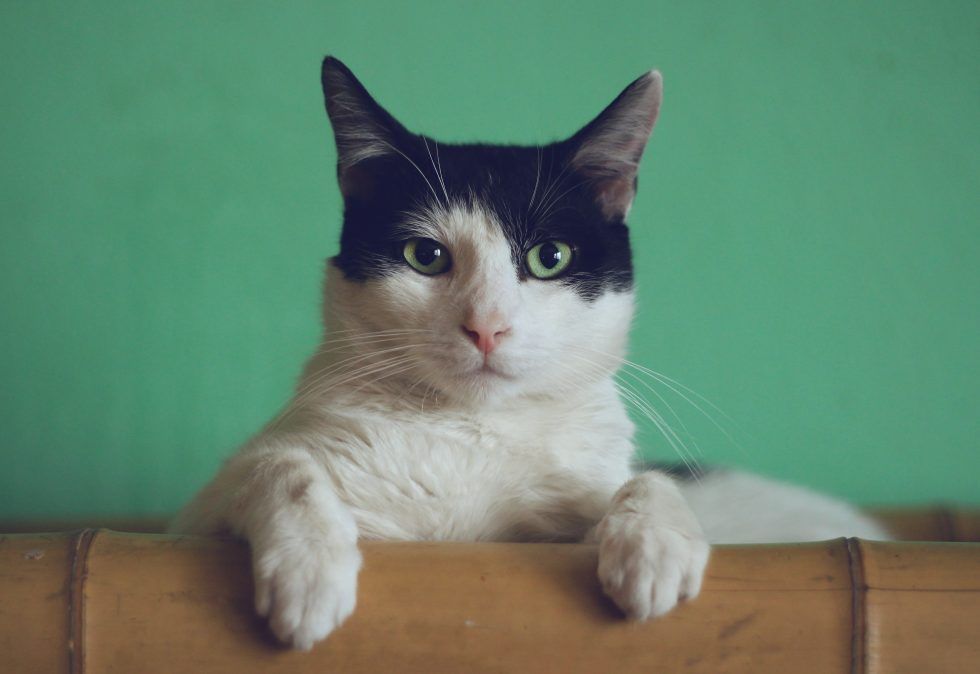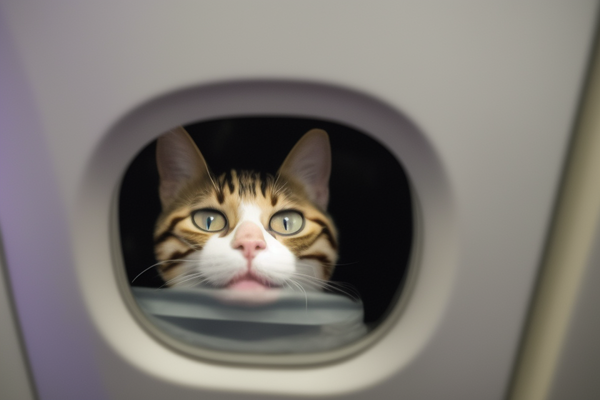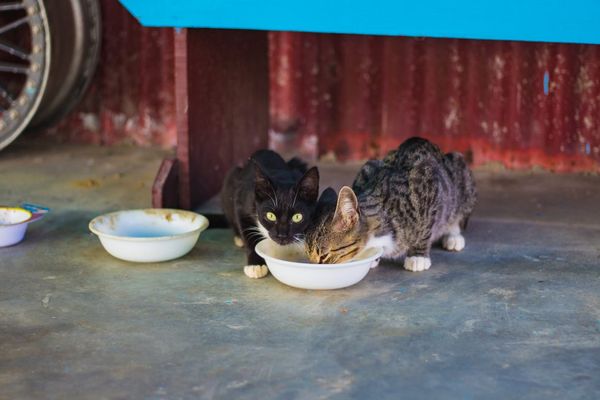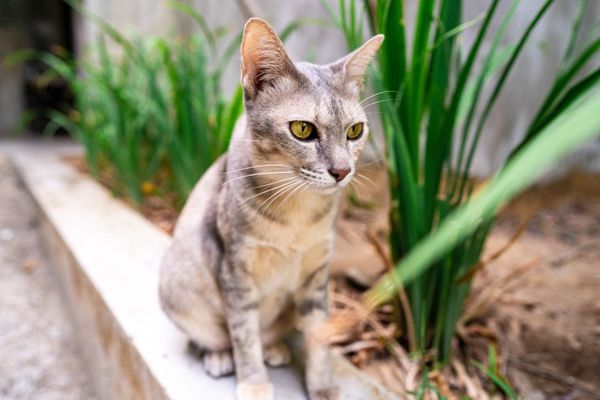Feline Immunodeficiency Virus (FIV)
FIV (Feline immunodeficiency virus) is a viral infection that affects cats that causes a weaker immune system in comparison to non-FIV positive cats.
When a cat is infected, it usually goes undetected, and then the cat enters a stage of progressive immune system decline. Many FIV positive cats can remain without symptoms for years.
Cats that are FIV positive are more prone to becoming sick with respiratory infections, skin infections, mouth inflammation and more, because of their compromised immune system, but there are no symptoms that are specific for FIV cats. In fact – some studies show that a cat with FIV can still have a similar life expectancy to most other felines.
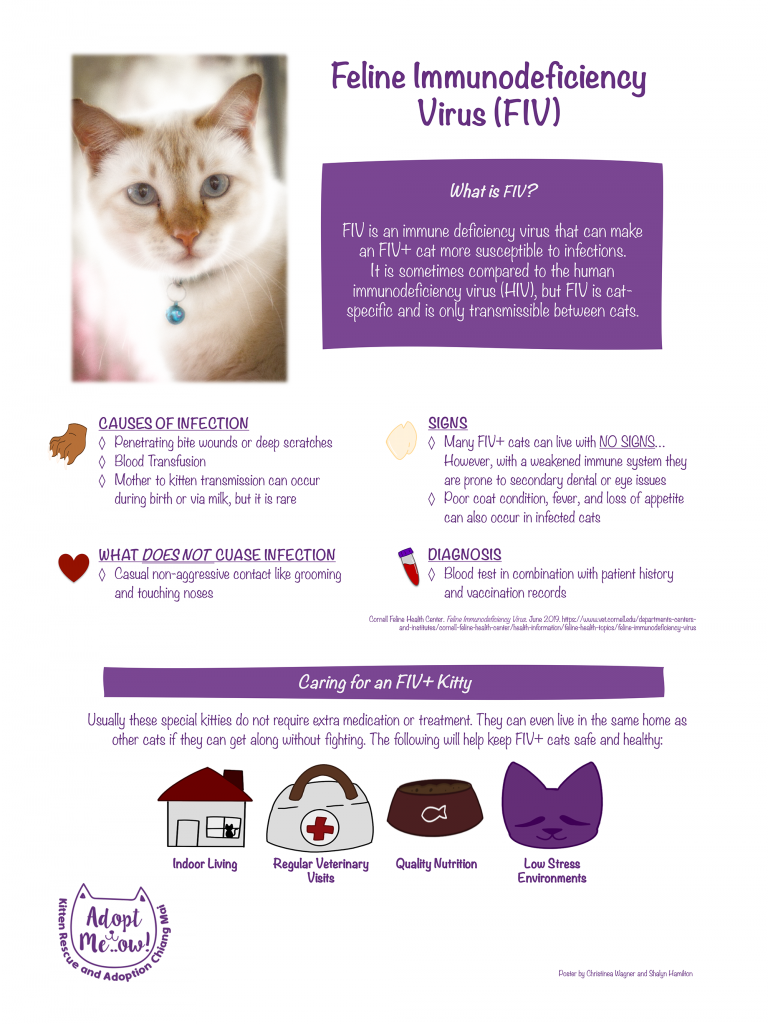
How do cats get FIV?
FIV is most commonly spread through biting and body fluids – and most common in unneutered male cats that have been fighting. This is one reason why it’s really important to have all cats sterilized at four months of age, to reduce the spread of FIV.
Symptoms
An FIV-infected cat may not show any symptoms for years. Once symptoms do develop, however, they may continually progress. An FIV-positive cat may show any of the following symptoms:
- Fever
- Weight loss or loss of appetite
- Enlarged lymph nodes
- Disheveled coat
- Poor appetite
- Diarrhea
- Inflammation of the gums (gingivitis)
- Dental disease
- Skin redness or hair loss
- Wounds that don’t heal
- Behavior change
How is FIV treated?
Contact your vet if you have any concerns that your cat has caught an infection, and make sure you keep up to date with your cats vaccinations and regular healthcare such as anti-parasite treatment.
Although there is no cure for FIV, some cats are able to live long and happy lives and can make wonderful pets. It’s important to test cats for FIV in Thailand to ensure you know whether your cat has it – so that you can provide the best possible care and prevent your cat from fighting and risk spreading FIV to other cats.
Prevention
It’s best to keep FIV positive cats in single-cat households and keep the cat inside at all times. As FIV can’t be transmitted to other non-feline animals, an FIV positive cat is able to share his or her home with a dog or other pet.
We hope you have found our articles useful. All of our education and advice is available for free, wherever you are in the world.
As a charity we rely on donations to allow us to continue helping cats in our local community, and to keep updating this site with useful information.
Any donation to support our work at Adopt Meow is greatly appreciated.
